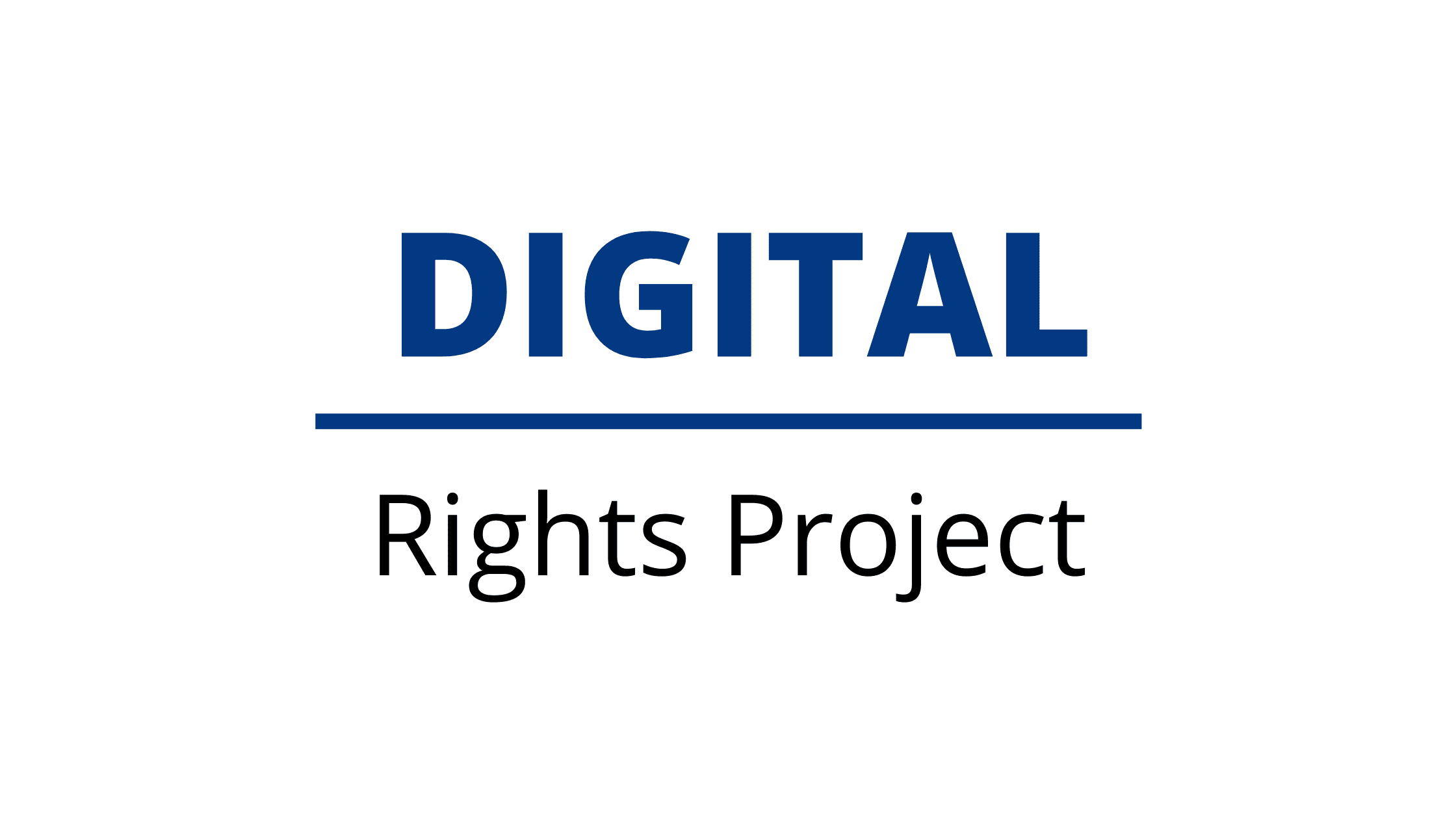
At the heart of the Digital Rights Project is a belief that technology must be used and regulated in a manner that respects the dignity of the user. As technology becomes increasingly ubiquitous, novel questions over how to respect civil liberties in the information age have emerged. Should law enforcement surveillance technology be equipped with facial recognition? Can government officials legally block users from following them on Twitter, and can Twitter legally restrict the speech of government officials? How can we examine and work to dismantle the racist logics underpinning surveillance technologies?
The Digital Rights Project gives Berkeley Law students an opportunity to address some of these questions and to conduct substantive work at the intersection of law, technology, and social justice. DRP is committed to doing this work through a lens that acknowledges and addresses the impacts of racism and systemic inequality on surveillance and technology. Our organization engages in fact investigation and community advocacy where law, technology, and social justice intersect. Our work is underpinned by the belief that privacy is a fundamental right and a desire to unearth how race, class, and power are implicated in government and corporate surveillance. It will provide a space to interrogate how the history, development, and implementation of surveillance technologies impact the communities we work with and the work that we do.
Students in DRP will work on privacy and surveillance issues and will assist the ACLU with factual investigation work to support their affirmative litigation work and policy advocacy. Students will have the opportunity to learn more about ongoing ACLU policy and litigation projects, as well as the work of other local technology focused policy organizations.
Supervision: Students will receive training and be supervised by attorneys at the ACLU of Northern California.
Time Commitment: 10-15 hours per semester including biweekly lunch meetings (~1-2pm, tentatively on Wednesdays).
For more information, please contact the student leaders at digitalrightsproject@law.berkeley.edu.